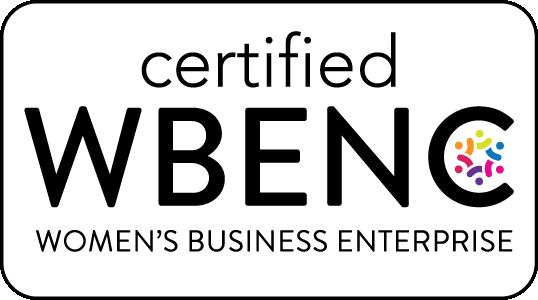Employee benefits can be seen as a window into an organization’s values. As workers continue to reckon with what’s important to them in life and in a job, offering benefits that are in tune with their needs is crucial for retaining current employees and attracting new ones.
For employers, demonstrating support for employees is now more critical than ever. Many industries are continuing to grapple with the effects of “The Great Resignation” of 2022, during which more than 47 million workers, or 2.6% of the U.S. working population, quit their jobs. In fact, a recent World Economic Forum analysis suggests that limited workplace flexibility and a lack of support for health and well-being are among the top reasons employees leave their jobs.
Do your benefits line up with your company values – and what your employees need? Here are a few things to consider.
Value: Employee health and well-being.
A health benefits package that includes just the basics – medical, dental, vision – may not address the full range of issues facing today’s workers. At a time when one in four U.S. adults struggles with mental illness and depression among young people is on the rise, support for mental health is crucial. And a holistic approach to healthcare that promotes nutrition, preventive care, and fitness can demonstrate your commitment to comprehensive physical and mental well-being.
On the financial side, while a competitive 401(k) plan can provide the foundation for employees’ long-term retirement planning, organizations truly committed to employees’ financial well-being might consider the full employee life cycle – for example, offering help with student loan debt and saving for major purchases, along with financial literacy, investment, and retirement planning seminars.
Value: Work-life balance and flexibility.
All too often, a company’s stated position doesn’t match employees’ on-the-job experience. An organization that provides substantial financial bonuses for hitting sales targets but limits paid time off, expects employees to respond to work demands 24/7, and offers minimal support for professional development sends the message, “We value what you can do for us, not what you need to perform effectively.”
Can your business give employees the flexibility to create a work schedule that allows them to integrate personal and work demands? For example, allowing employees to modify their work hours to pursue continuing education or to accommodate elder care needs, personal appointments, day care drop off/pick up times, and school events recognizes and respects the importance of employees’ responsibilities outside of work.
Value: Support for families.
Most organizations recognize that supporting workers’ families fosters a more productive and sustainable work environment. And meaningful support may mean different things to different employees, reaching beyond workplace flexibility policies to include paid parental leave (for both parents); family-building benefits like fertility, surrogacy, and adoption assistance; and emergency back-up childcare and elder care.
The bottom line: Taking a hard look at your company’s priorities, what you say you value – and how your benefits programs line up against those priorities and values – can make an important difference in how your employees feel about your company and how they perform their jobs.
And once you’ve aligned your priorities and your programs, communication – clear, direct, and frequent – is critical to ensuring employee understanding and support.
Do you need help communicating new, expanded, or underutilized benefits and resources that address a range of employee needs? Contact us today.


